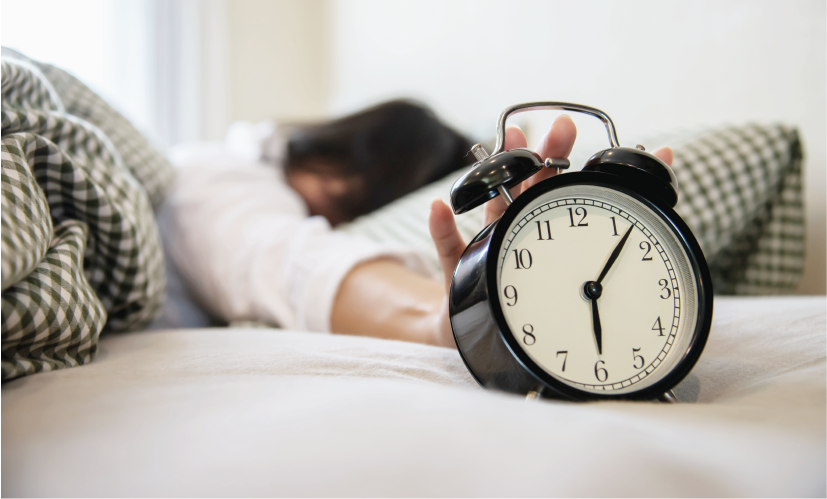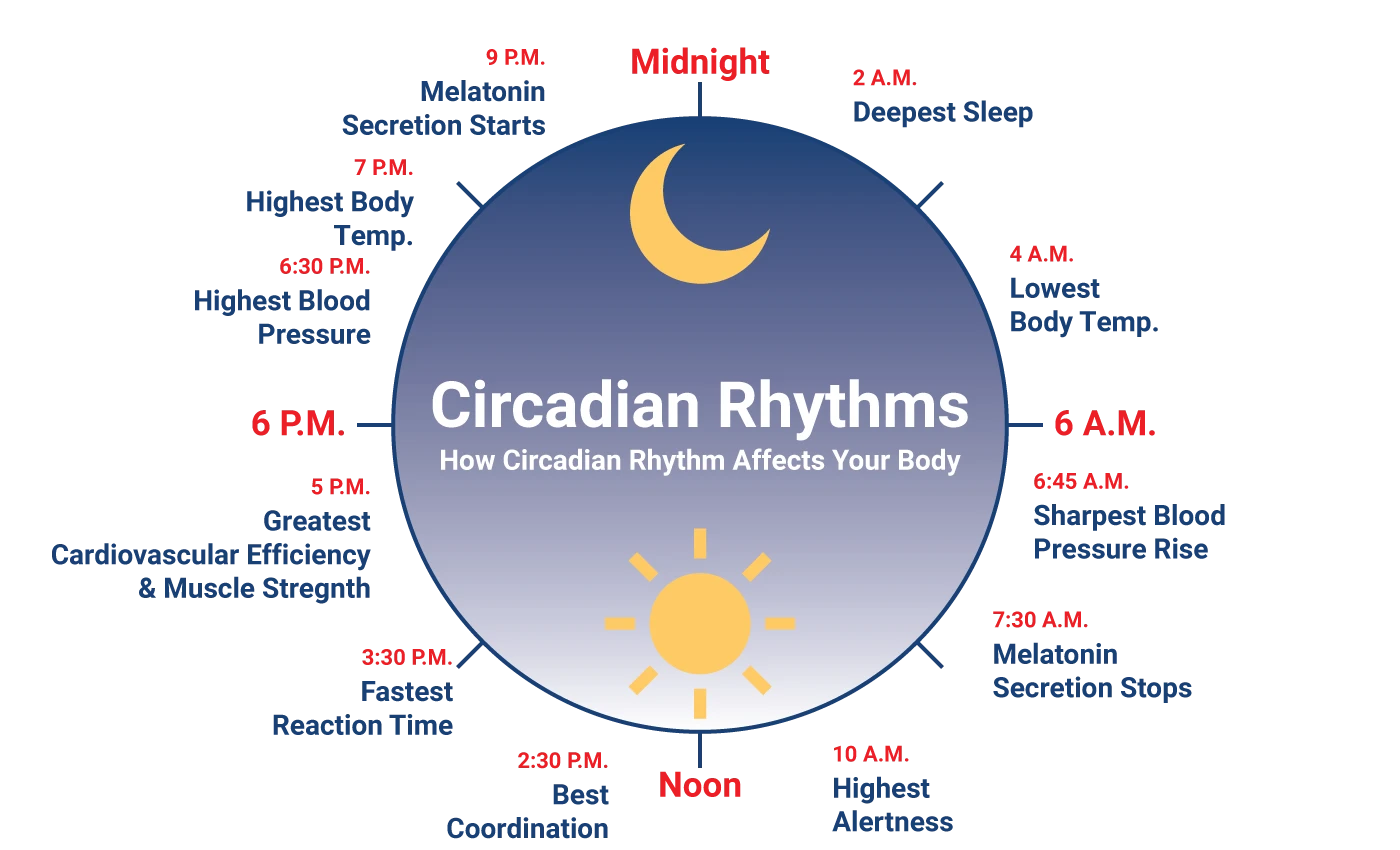

Sleep Heals: What is Melatonin?
We’ve all heard of the supplement Melatonin. When we are having problems sleeping and want to take a natural sleep aid, Melatonin is usually the recommended go-to. However, did you know that Melatonin is a hormone?? It is!! It is a hormone that is made by the pineal gland, which is a pea-sized gland found just above the middle of your brain. It helps your body know when it's time to sleep and wake up.
Normally, your body makes more melatonin at night. Levels usually start to go up in the evening once the sun sets. They drop in the morning when the sun goes up. The amount of light you get each day -- plus your own body clock -- set how much your body makes. This is your body’s circadian rhythm. A circadian rhythm is a natural, internal process that regulates the sleep-wake cycle and repeats on each rotation of the Earth roughly every 24 hours.

Your circadian rhythm helps guide your body to let it know when to sleep and when to be awake. It's crucial in helping us regain energy lost from being awake and performing daily activities. Without a properly functioning circadian rhythm, our bodies are prone to exhaustion, mental disorders, obesity, and other physical illness. Your circadian rhythm influences your sleep-wake schedule, hormone release, eating habits and digestion, body temperature and more. Keeping it in check is important to stay mentally and physically healthy.
We can maintain our body’s “clock” by doing the following:
Go to sleep and wake up at the same time each day.
Avoid napping.
Use the bed only for sleeping.
Try to avoid stress, fatigue, and sleep deprivation.
Avoid vigorous exercise at least four hours prior to bedtime (but do exercise earlier in the day).
Avoid cigarettes, alcohol, and caffeine - or any stimulants.
Avoid large meals and excessive fluids before bedtime.
Control your sleeping environment, keeping it dark, quiet, and at a comfortable temperature. A controlled sleeping environment is especially important for shift workers and night workers.
Avoid electronic devices before bed.

Unfortunately, this is not always easy to maintain and with age, we may not be able to control melatonin production. With advancing age, it appears that the body’s ability to naturally produce melatonin decreases.5,6 In one study there was a 40-50% reduction in peak nocturnal melatonin production as well as total melatonin secretion over 24 hours when comparing a 37 year old to an 82 year old, with significant drop over age 60. More information on the science behind melatonin can be found here.
This age-related decline in melatonin production may be the reason as we grow older it is more difficult to sleep. We may find ourselves waking up earlier and earlier as we age or unable to fall asleep altogether. Although there are many reasons one might not get sufficient sleep, this could be one culprit.
In addition, the age-related decrease in melatonin production may contribute to various chronic diseases due to the fact that melatonin also has a powerful antioxidant effect. That is why, as we grow older especially, it may be a good idea to supplement with melatonin.
Human based research studies have shown that supplemental melatonin has many benefits:
May help to lower blood pressure
May improve lipid profiles in individuals with metabolic syndrome
May improve aspects of cognition in those with mild cognitive impairment
May improve bone density in post-menopausal women
May help to reduce migraine pain
May help with weight Management
This product is not intended to diagnose, treat, cure, or prevent any disease.
As always check with your health professional before you add anything new into your health regimen.

.jpg?ext=.jpg)





Comments